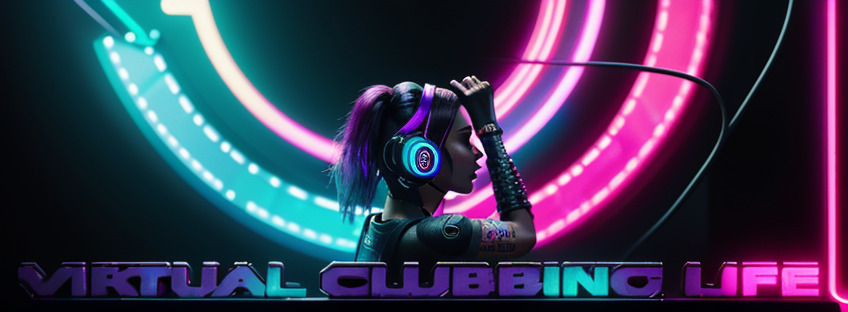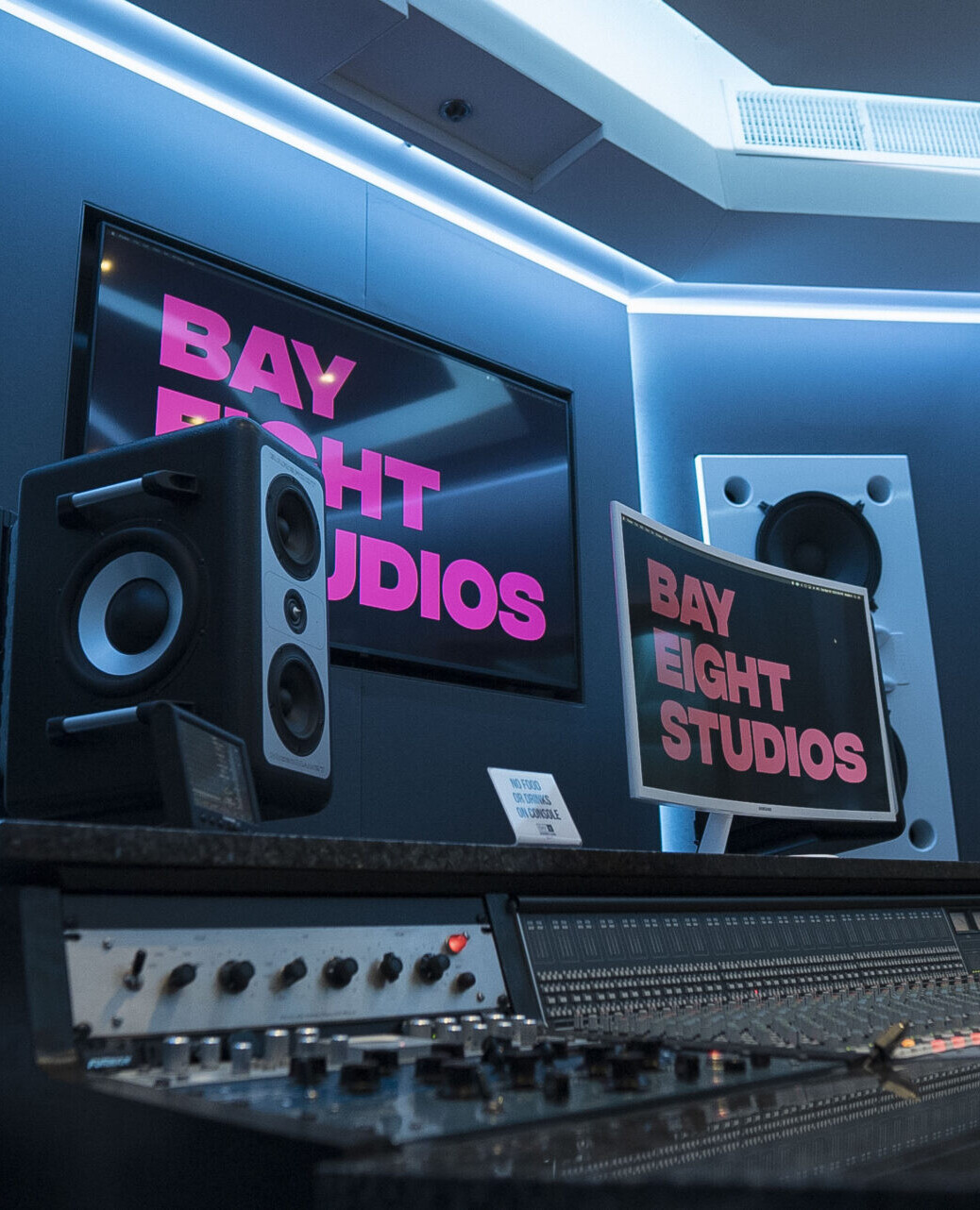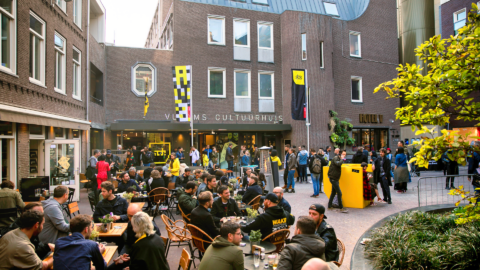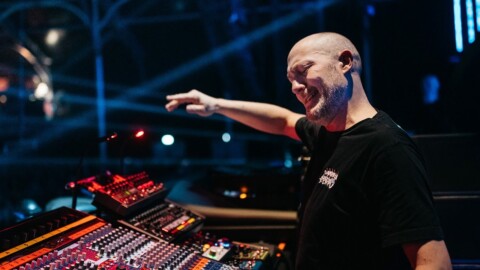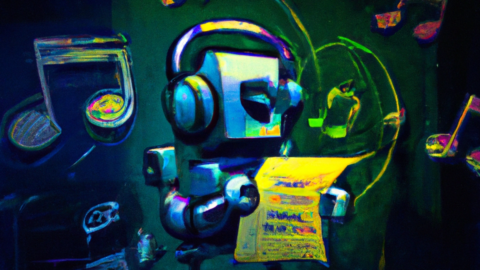Electronic music has grown from an obscure artistic niche into a global phenomenon, redefining the boundaries of creativity every day. From the first synthesized sounds to the vast array of digital tools now at musicians’ fingertips, technology has shaped the course of this genre profoundly. This article explores the past, the present, and the future of electronic music technology, detailing how breakthroughs have revolutionized beats and how new advancements like AI and VR are set to change the landscape even further.
The Evolution of Electronic Music Technology
In the early 20th century, electronic music technology was rudimentary at best. Inventors and composers tinker away, using instruments like the Theremin and Ondes Martenot to create otherworldly sounds. However, it wasn’t until the 1960s and 70s when technologies like the Moog synthesizer and the Roland TR-808 drum machine were introduced, that electronic music began to take a shape recognizable to modern audiences.
These instruments allowed musicians to create new sounds that were previously impossible to generate acoustically. They could manipulate parameters like pitch, volume, and timbre in unprecedented ways. This would soon be taken even further with the advent of digital technology. The introduction of MIDI (Musical Instrument Digital Interface) in the 1980s opened up whole new avenues of musical exploration, enabling electronic devices to communicate with each other and automate complex musical structures.
The 1990s brought a new wave of innovation in electronic music technology. The rise of computer-based digital audio workstations (DAWs) such as Ableton Live, Logic Pro, and Pro Tools revolutionized the way music was composed, recorded, and mixed. The DAW allowed for precise editing, multi-track recording, and a vast array of digital effects. As the technology evolved, software synthesizers and sampling technology expanded the sonic palette available to musicians, leading to the birth and growth of new genres like techno, house, and drum and bass.
Breakthroughs in Modern Music: Revolutionizing Beats
Fast forward to today, and the technology driving electronic music is more complex and accessible than ever. Hardware synthesizers have become more sophisticated, offering granular control over sound design. In addition, digital plugins have evolved to emulate classic hardware, providing musicians with affordable and convenient access to iconic sounds.
Among these breakthroughs, perhaps the most significant is the shift towards software-based production. Modern software synthesizers and plugins offer a virtually limitless sonic palette, allowing producers to design intricate beats and soundscapes from the comfort of their home studios.
This democratization of music production tools has led to a proliferation of experimental genres and innovative artists. Moreover, the rise of platforms like SoundCloud, Bandcamp, and Spotify has made it easier for these artists to share their music globally, contributing to a vibrant and diverse global electronic music scene.
At the same time, new technologies are driving unprecedented changes in the way electronic music is performed live. From Ableton’s Push controller to Native Instruments’ Maschine, modern controllers offer comprehensive control over live performances, allowing artists to manipulate and improvise their sets in real-time.
How AI and VR Contribute to the Future of Electronic Music
As we look towards the future, artificial intelligence (AI) and virtual reality (VR) stand as two technological frontiers with the potential to further revolutionize electronic music. AI, for instance, is being used to generate unique compositions and assist in sound design. Platforms like Jukin and Amper Music use AI algorithms to create original music, pushing the boundaries of what’s possible in electronic composition.
Meanwhile, virtual reality promises to transform the way we experience music. With VR, artists can create immersive digital performances, transporting audiences to completely new environments. TheWaveVR, for instance, is a social VR platform that allows users to host and attend interactive music events in virtual reality.
Moreover, VR could also offer innovative ways to create music. Platforms like SoundStage VR let users compose music within a virtual environment, manipulating virtual instruments and equipment in three-dimensional space. This opens up new possibilities for spatial sound design and interactive composition.
Virtual Instruments and Software: Transforming Electronic Music Creation
As well as AI and VR, the future of electronic music will also be shaped by the ongoing evolution of virtual instruments and software. Software synthesizers and digital audio workstations continue to grow more sophisticated, expanding the possibilities for sound design and composition.
New advancements like physical modelling synthesis and granular synthesis offer unprecedented control over sound, allowing musicians to create complex and organic textures. Meanwhile, the continued development of MIDI controllers and hardware interfaces will further enhance the tactile experience of electronic music production.
In addition, the rise of mobile technology has led to the development of music production apps. Tools like GarageBand, FL Studio Mobile, and KORG Gadget give musicians the power to create professional-quality music from their mobile devices. This means music production is no longer confined to the studio, and more people have access to the tools necessary to create and share their music.
The evolution of electronic music is inextricably linked to the development of technology. From the early days of the synthesizer to the modern age of AI and VR, each new innovation has brought new possibilities for creation and performance. As we move into the future, these technologies promise even more radical changes. The beats are evolving, the soundscapes are expanding, and the future of electronic music is brighter than ever.

